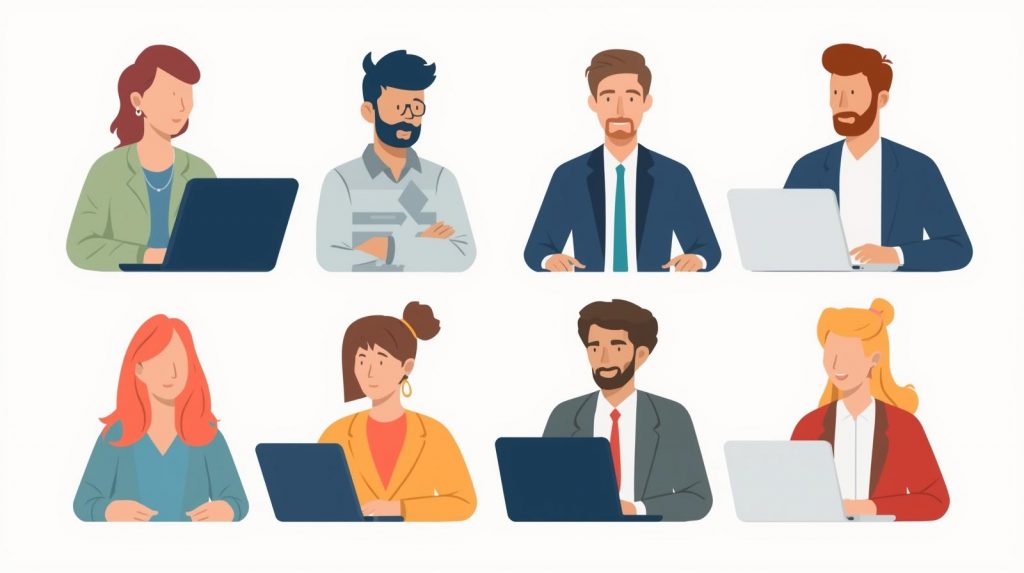Universities are at a pivotal moment: the rapid acceleration of digitalization and the integration of artificial intelligence (AI) are transforming the labor market, while the gap between employer expectations and students’ current skills is becoming increasingly evident. As part of the AI-ECOA project, in June 2025, an online focus group brought together academic staff, business representatives, public administration officials, and NGO experts to discuss how higher education can proactively respond to these challenges. The discussions highlighted the critical importance of functional digital skills, as well as soft skills such as critical thinking, empathy, teamwork, and adaptability, and the need to align curricula with emerging technological realities.
The focus group analysis emphasizes that university education must be strategically redesigned: programs should integrate not only technical competencies but also transversal skills that enable students to use AI responsibly and effectively, without fully outsourcing cognitive processes to technology. Participants stressed the need for new courses, including “prompt engineering” and interactive VR-based learning, to prepare students concretely for the demands of the digital labor market.
For academic practice, the focus group offers clear implications. Universities should strengthen collaboration with the business sector, revise curricula to reflect emerging technological trends, and incorporate modern educational technologies in teaching. Continuous professional development for academic staff is also essential, enabling educators to leverage AI and innovative teaching methods while fostering critical thinking and ethical awareness among students.
The focus group also underscored the importance of digital inclusion and support for vulnerable groups. Universities are called to actively reduce skill gaps and promote equitable education, ensuring that all students can benefit from technological advancements without being marginalized.
Overall, the insights from the AI-ECOA focus group provide a concrete roadmap for the academic community: by combining pedagogical innovation, AI and digital technology integration, close engagement with labor market trends, and attention to human-centered skills, universities can transform programs, enhance their relevance, and better prepare students for the professional challenges of a rapidly evolving digital world.
***
The AI-ECOA project, coordinated by Prof. Florina Pinzaru, aims to align SNSPA’s educational offerings and career guidance programs with the evolving demands of the digitalized labor market shaped by advances in artificial intelligence (AI). Through the development of relevant skills and active collaboration with public and private sector partners, the project supports graduate integration and adaptation to emerging professional realities. Key activities include a focus group with employers, academic staff, and digital transformation experts to identify future competencies; a study assessing the gap between current student skills and employer expectations in the AI context; the creation of a guideline for modernizing SNSPA curricula to integrate AI-specific competencies and practical teaching methods; and the development of a handbook for the Career Guidance and Counseling Center (CCOC) to implement workshops, counseling sessions, interview simulations, and other activities that enhance students’ AI-related skills and employability. By combining research, curriculum development, and practical interventions, AI-ECOA fosters a comprehensive approach to preparing students for the challenges of the AI-driven labor market.

